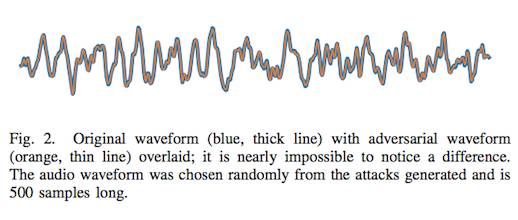Only admins can add new members to private groups. But the researchers found that anyone in control of the server can spoof the authentication process, essentially granting themselves the privileges necessary to add new members who can snoop on private conversations. The obvious examples that come to mind are hackers who manage to gain access to WhatsApp servers or a government successfully pressuring WhatsApp to give it access to targeted group chats.
Perhaps even more troubling, a compromised admin with control of the server could manipulate the messages that would alert group members that someone new had been added, according to the researchers. However, WhatsApp denies this is an issue.
Wired confirmed the researchers’ findings with a WhatsApp spokesperson. While the company, which is owned by Facebook, acknowledges the issue of server security, the spokesperson pushed back on the idea that attackers could block, cache, or otherwise prevent the alert that new members have been added.
Source: WhatsApp Security Design Could Let an Infiltrator Add Members to Group Chats [Updated]

